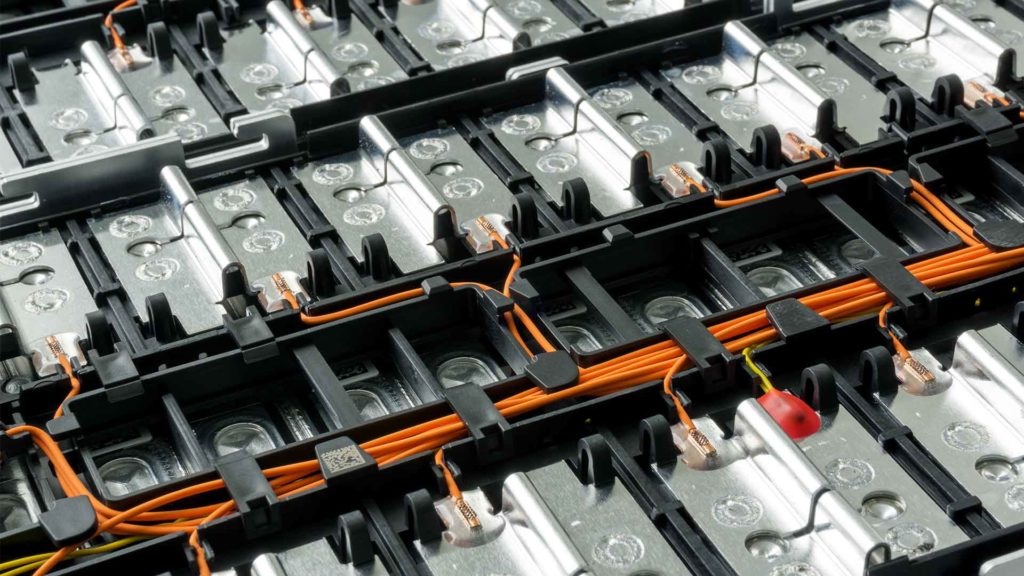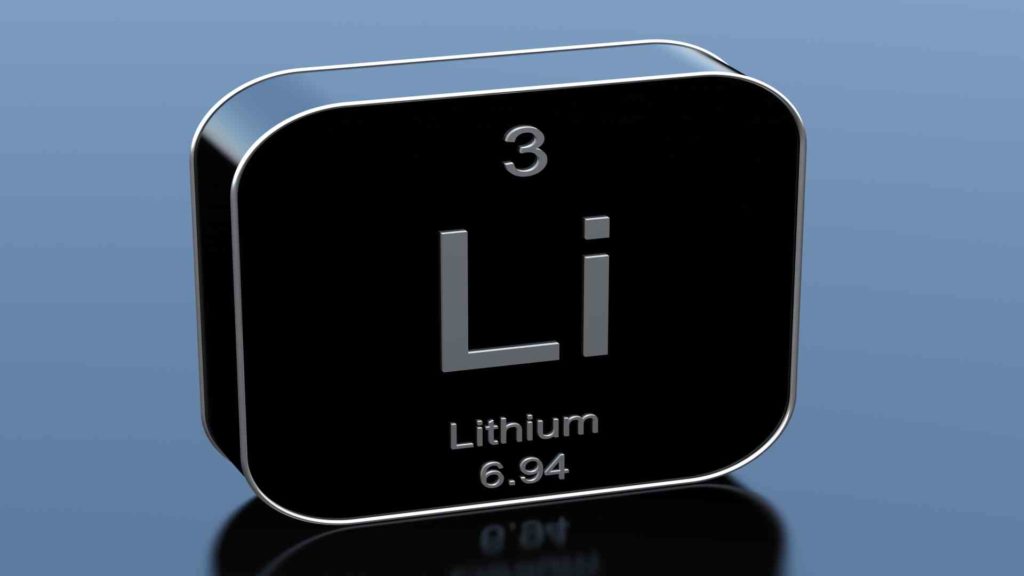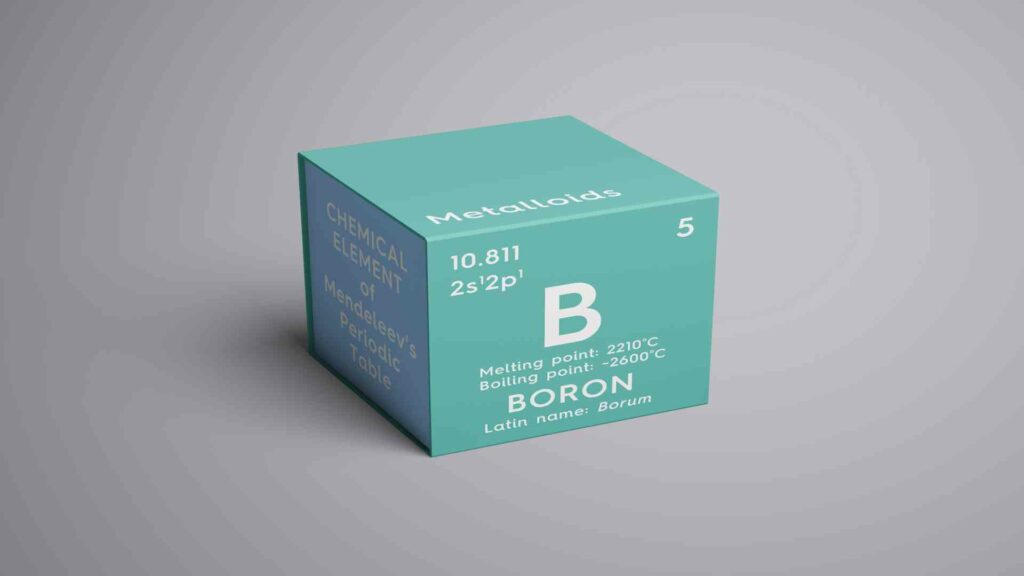Boron Powers Space Exploration
Today’s article is about boron powering space exploration for the future. Boron is an excellent choice of rocket fuel given its ease of manufacture, availability and low storage costs. And by the way, it’s also a good additive for jet fuel.
Research by scientists at the University of California. Riverside are testing. Ammonia borane as an alternative to traditional carbon based chemical rocket fuels currently in use. This could lead in the future to carbon-free space launches.
Boron powers space exploration.
So what are the problems with conventional rocket fuels? The U S air force and Navy has sought to develop faster and longer range aircraft in the past, all the way back to the 1950s and fuel has always been a significant obstacle to this goal.
Researchers believe hydrogen would be the ideal fuel, but it still takes up too much space and can be dangerous and challenging to handle even when cooled to a cryogenic liquid. This creates obvious logistical challenge.
Hydrocarbon drive conventional aviation fuels are more practical than those based on fossil fuels. This is because hydrogen bonds with carbon atoms, making them more compact and manageable.
Other fuels such as kerosene are heavy and contain too little energy per unit to meet the U.S,, military’s requirements for supersonic aircraft that can fly halfway around the globe. So engineers have been looking to find a fuel that can store hydrogen in another element, but is also practical enough and cheap enough to use.
This new generation of fuels under survey are based on boron. This element of course is right next to carbon on the periodic table. These hydro boron compounds or borings were created under the code name, project, zip. They were called zip fuels and these fuels were used in aircraft, such as the XB 70 Valkyrie strategic fighter bomber, the XF 108 Rapier long range, interceptor, Beaumarc misslie, and many others. And there are also plans to convert jet engines already in service to burn boranes.
So, what are the properties of rocket fuel? According to professor Richard w Kritzer of the Department of Mechanical and Industrial Engineering at the University of Indiana, rocket performance is determined by energy per pound of fuel.
Less propellant means more payload. Fuels or oxidizers that are liquid, provide more energy per pound than solid fuels. However, a cryogenic cooling process is needed for liquids, which adds to their cost and makes them difficult to store.
It is possible though to keep solid fuels for many years, even in harsh environments and they are also less expensive to produce.
Rockets today use propellants from the 1960s and seventies. The materials are safe and reliable, but not very energetic. New fuels might contain high energy metals like magnesium and boron. And boron is a desirable additive for rocket fuels because of its low molecular mass and high combustion.
By combining boron and nitrogen the bi-propellant produces large quantities of hot gases in a short period of time. The gases are used for a variety of purposes, including rocket thrust. By using well-known electric furnace techniques, boron carbide can quickly be produced and acquired at a low price and borosilicates and solid oxidizing agents can be stored for as long as desired without deteriorating or being at risk of premature ignition. As a result, these mixtures are so stable, that an igniter is needed to initiate their reaction.
Let’s look at boron carbide in rocket fuel. Boron carbide is considered a good fuel component for solid rocket propellant compositions.
Bi-propellants made from boron and nitrogen compounds can also propel rockets. They combine a nitrogen containing compound with carbon, hydrogen, and nitrogen, and a boron containing mix composed of carbon hydrogen, and carbon.
In at least one reaction, hydrogen must be present and carbon must be present in at least one reaction too. Using polytetraflouroethylene, and boron by weight as a solid fuel mixture, a combination of 80% polytetrafluoroethylene and 20% boron was considered by a 2015 study as a potential high density, rocket propellant.
The UC Riverside scientists are now testing an ammonia boron based alternative to traditional carbon based rocket fuel.
Some problems, plague boron fuels too. They’re solid at room temperatures and can be burned at higher temperatures. So they must be mixed with hybrid hydrocarbon fuels. They also produce a sticky residue that could clog up engines and is challenging to remove. As a result, the projects under research were canceled in the late 1950s.
Boron in the form of ammonia borane is used today in fuel cells for electric vehicles. There, hydrogen is released through catalysys.
The team from UC Riverside is researching the use of borons as fuel to launch rockets, capable of putting satellites in orbit. This is possible by understanding how boranes burn and getting them to do so efficiently without catalysts or base fuels.
And this could lead to a more eco-friendly alternatives to hydrocarbon based fuels and cheaper space launches.
Boranes unlike hydrocarbons have a complicated combustion process. They devolve into many different compounds as they burn. This process aims to modify the combustion process and release more energy faster by forming borane nanoparticles and burning them with oxidizers, potassium perchlorate or ammonium perchlorate.
This is analogous to the use of catalysts to enable complete combustion of hydrocarbon fuels. Here. We are able to create complete combustion and increase energy by using the chemistry in the oxidizer without the need for a catalyst.
As a result, current research is now at the state where the fundamental chemistry of the fuel oxidizer combination has been determined. The challenge now is to seeing it perform at a larger scale.
And that’s a wrap for today. For more information on topics related to boron and borates, check back regularly on our website. That’s Borates Today. Thanks for listening.





